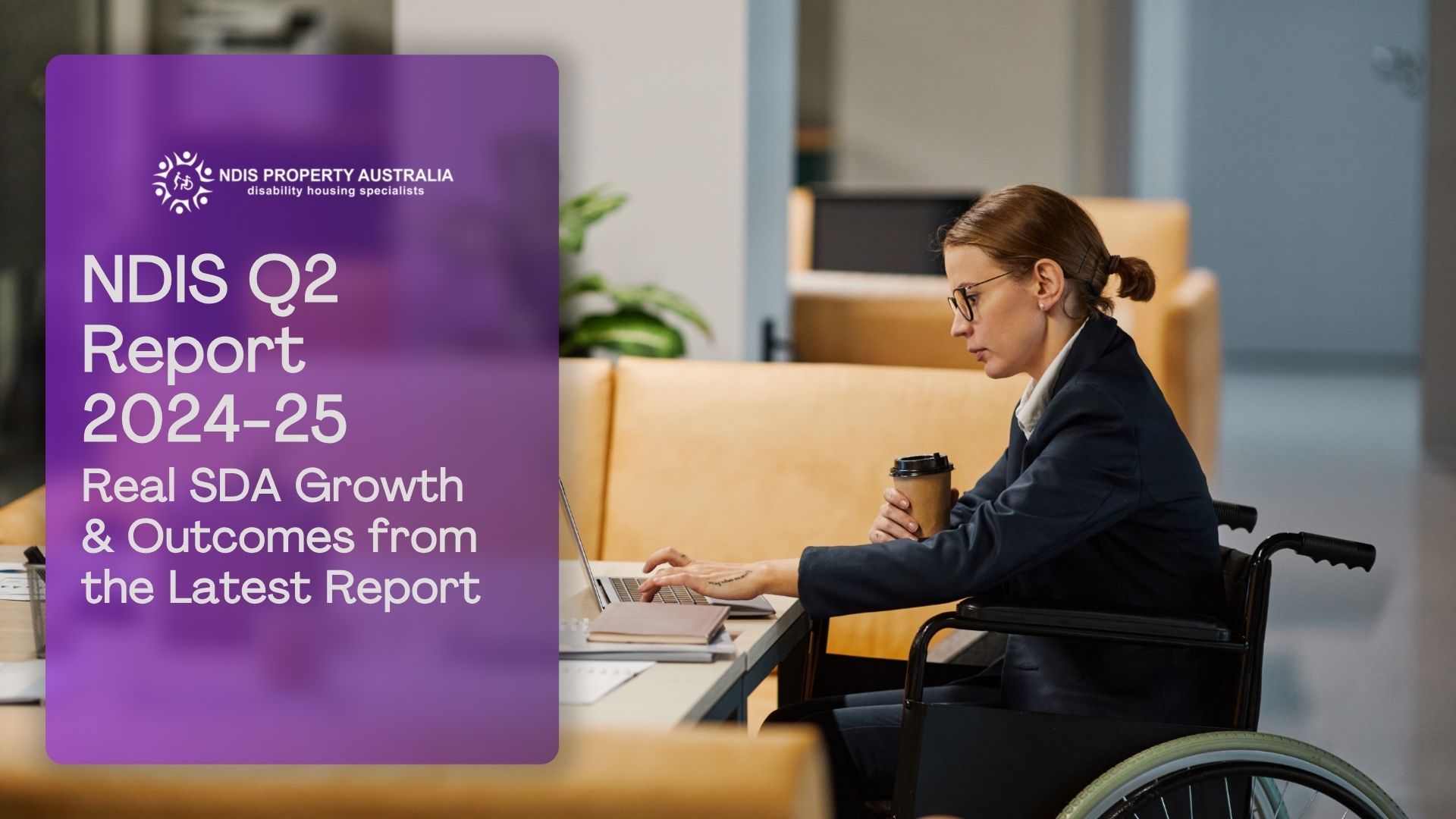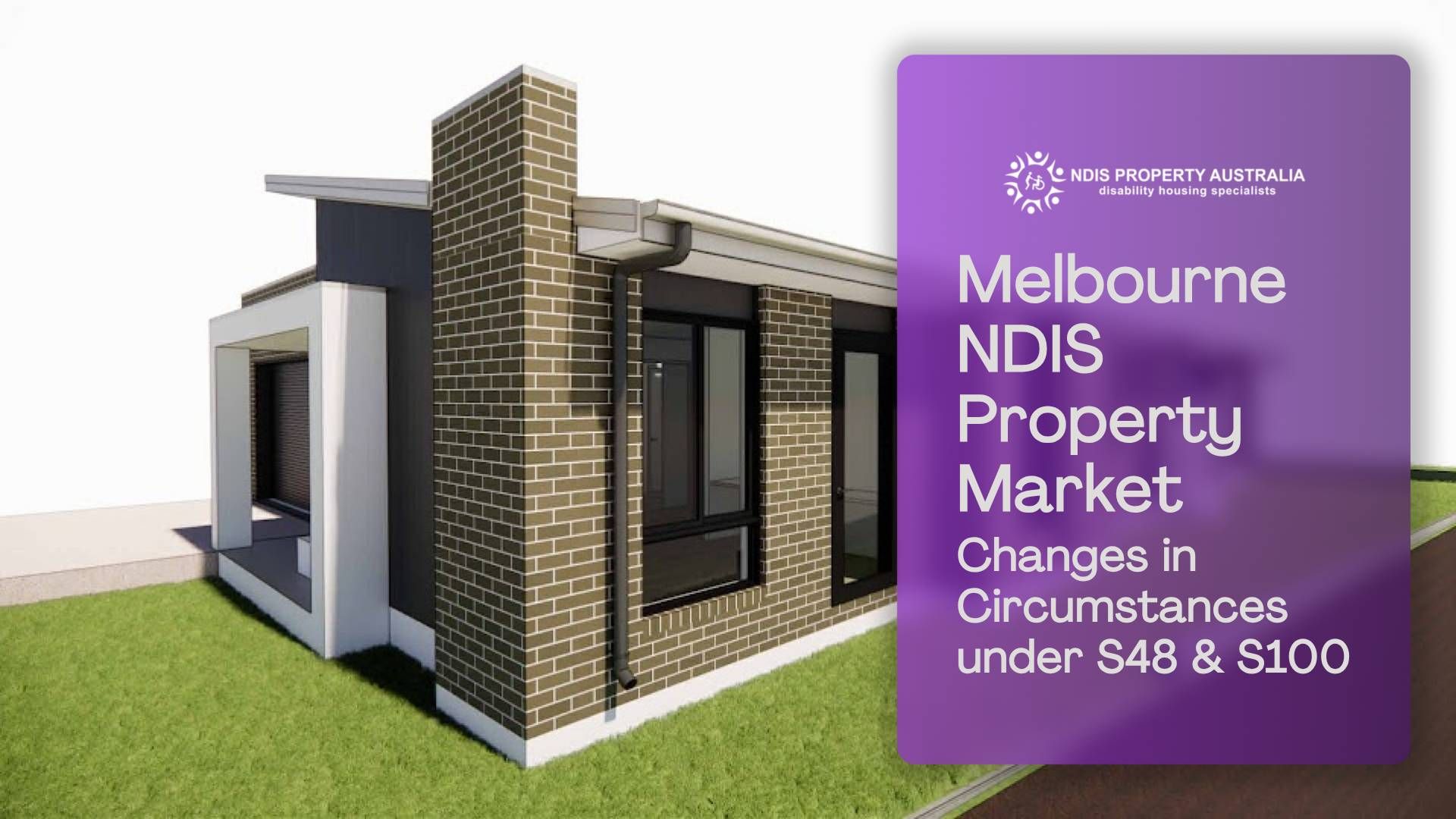Key Insights on Tenant Behaviour in SDA Investments
When investing in Specialist Disability Accommodation (SDA), it’s important to consider more than just the property itself. Understanding who your tenants are and their specific needs is an important part of securing a successful investment.
Many SDA participants have high support needs, including those that require Positive Behaviour Support (PBS). For investors, this means considering how these tenants are cared for and how this care can influence the long-term success of their property. By learning about Positive Behaviour Support and its role in SDA housing, investors can better understand how properties are managed
Who Are Your Tenants? Understanding SDA Participants with Behaviour Support Needs
SDA properties
are designed for participants with various disabilities, including those with behaviours that require specific support. These tenants often have Behaviour Support Plans in place, which are developed by professionals to manage behaviours of concern and improve their overall quality of life.
A Positive Behaviour Support Plan focuses on identifying the reasons behind certain behaviours and providing strategies to help reduce them. This involves working closely with the tenant, their support team, and their family. As an investor, recognising that your property may house tenants with these needs helps you appreciate the extra care and safety measures required to manage the property efficiently.
Read also: Finding the right Tenant for your NDIS SDA Investment
The Importance of Positive Behaviour Support (PBS) for SDA Homes
Positive Behaviour Support (PBS) helps create a safe and stable environment for SDA participants and staff. Managing challenging behaviours effectively reduces disruptions, ensuring tenants can live safely and comfortably in their homes.
From an investment perspective, PBS directly impacts the long-term viability of a property. SIL (Supported Independent Living) providers, or care teams working in a home who effectively manage tenants with Behaviour Support Plans, ensure the home is more likely to be fully occupied and operate smoothly. Support workers are better equipped to manage challenging situations, which results in fewer vacancies or turnover of participants. This stability is what investors seek for consistent returns, reducing the risks of tenant dissatisfaction or operational issues.
Having tenants who feel supported, and staff who are confident in managing behaviour, makes properties more desirable. It helps maintain consistent tenancies, lowers vacancy risks, and boosts the overall appeal of your property to care providers.
Where to Invest: Areas with Growing Demand for High-Support SDA Properties
Regions with strong SDA market demand offer greater opportunities for higher occupancy rates and long-term tenants. For example, areas such as inner
Melbourne and parts of
Sydney &
New South Wales are seeing increased demand for homes that cater to participants with more complex support needs.

These locations often have a shortage of well-designed, high-support properties, making them prime investment areas. As an investor, aligning your property with the needs of participants who require Positive Behaviour Support can position your investment for success. This focus helps you avoid oversaturated markets where supply may already exceed demand, reducing the risk of long-term vacancies.
Read also:
Future of SDA: 2027 Demand Data You Need to Know
How Behaviour Support Affects Investment Returns
When behaviour support is well-managed in SDA properties, it has a direct impact on the stability of your investment. SIL providers who care well for tenants with high-support needs, including those who rely on
Positive Behaviour Support (PBS), and manage the right supports will be effective in ensuring tenants wish to stay long term.
For investors, this means more consistent rental income and reduced turnover costs. Meeting the needs of tenants with complex behaviours also means fewer disruptions, creating a more attractive environment for care providers and ensuring smoother property management. Investing in SDA homes built to support these participants not only improves tenant satisfaction but can also increase the value of your property over time.
Conclusion
To maximise returns on your SDA investment, focus on properties designed future-proofed to ensure all tenants can be accommodated, including those with high support needs. Working with the right SDA and SIL providers will in turn mean that these specialised homes are in high demand, leading to increased occupancy rates and attractive long-term financial prospects.
NDIS Property Australia offers expert advice for those looking to invest. Visit our Properties Page to explore opportunities and contact us to make your NDIS property journey smoother and more successful.




